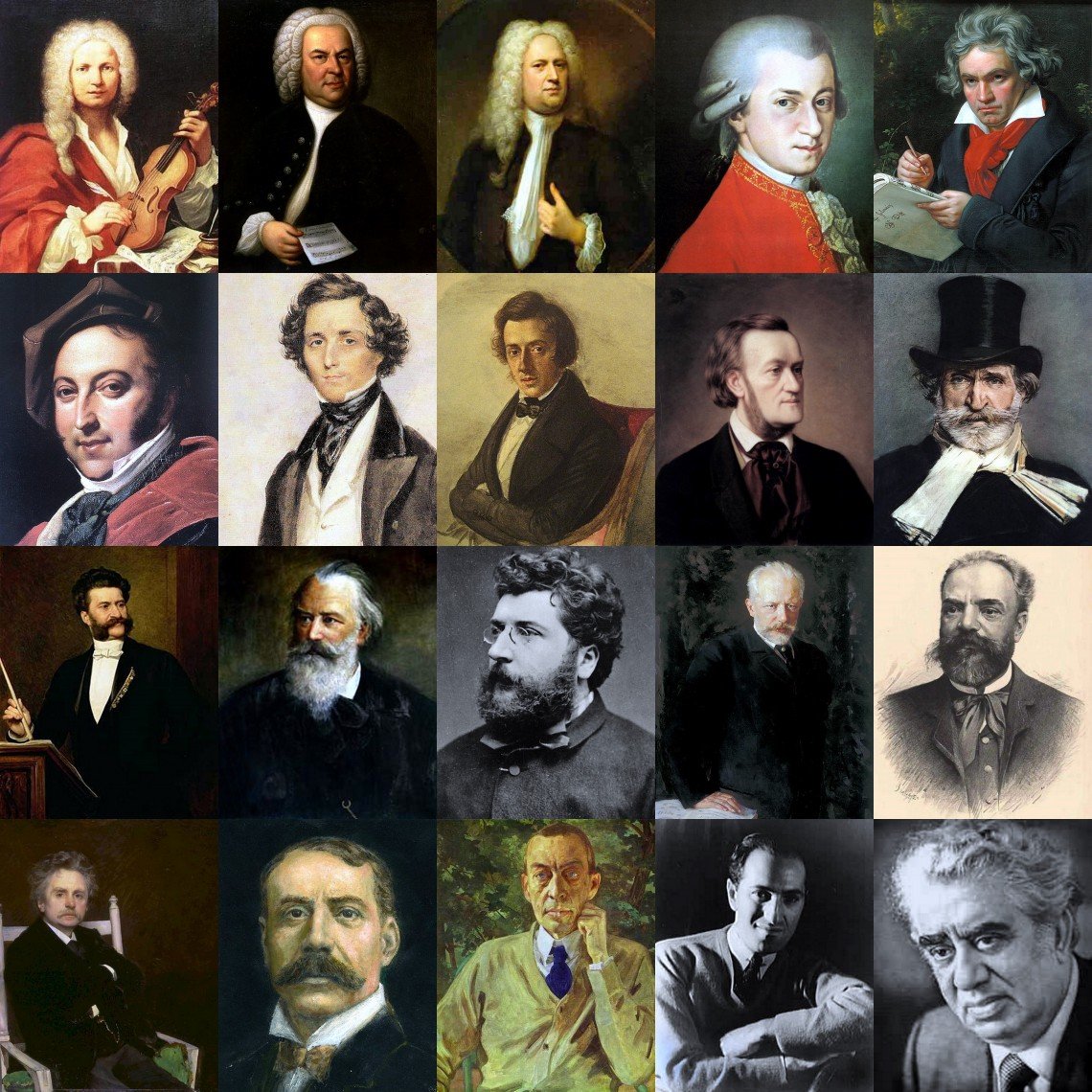Starting a career as a music composer can be an exciting and fulfilling journey. Whether you dream of scoring films, producing for TV, or composing original pieces, breaking into the industry requires dedication, skill, and strategy. This guide will provide you with practical steps to help you start your career as a music composer.
Develop Your Musical Skills
Master the Basics
To succeed as a composer, a strong foundation in music theory and composition is essential. Learn to read and write music, understand chord progressions, and explore different musical styles. A formal education in music can help, but self-taught composers can also succeed with the right dedication.
Learn to Play Instruments
Playing one or more instruments enhances your ability to compose effectively. The piano is particularly helpful for composing because it allows you to experiment with melodies, harmonies, and rhythms.
Use Technology
Familiarize yourself with digital audio workstations (DAWs) like Logic Pro, FL Studio, or Ableton Live. Learn to use virtual instruments, sound libraries, and plugins to produce high-quality compositions.
Build a Portfolio
Create Original Pieces
Start composing music for various moods, genres, and themes. This will showcase your versatility and creativity. Include short pieces, longer compositions, and demo tracks in your portfolio.
Work on Small Projects
Offer to compose music for student films, indie video games, or local theater productions. These projects can help you gain experience and build a network while adding credible work to your portfolio.
Share Your Work
Upload your compositions to platforms like SoundCloud, YouTube, or Bandcamp. These platforms make it easy to share your work with potential collaborators and clients.
Network with Industry Professionals
Attend Music Events
Participate in film festivals, music conferences, or local composer meetups to connect with directors, producers, and other musicians. Networking is critical in the competitive world of composing.
Join Professional Organizations
Consider joining organizations like the American Society of Composers, Authors, and Publishers (ASCAP) or the Society of Composers and Lyricists (SCL). These organizations offer networking opportunities, workshops, and industry insights.
Use Online Platforms
Websites like LinkedIn, Upwork, or Fiverr can help you find freelance opportunities. Be professional and responsive to build a strong reputation online.
Gain Industry Knowledge
Understand Licensing and Royalties
Learn about music licensing, publishing, and royalty collection. This knowledge ensures you receive fair compensation for your work. Organizations like BMI or ASCAP can help you navigate these aspects.
Study Successful Composers
Analyze the work of renowned composers like Hans Zimmer, John Williams, or Hildur Guðnadóttir. Understanding their techniques and career paths can provide valuable insights.
Stay Persistent
Breaking into the music industry takes time and patience. You may face rejections or challenges initially, but persistence and consistent improvement will pay off.
Consider Formal Education
If you’re looking to enhance your skills further, consider pursuing a degree in music composition or a related field. Many programs offer opportunities to work with industry professionals and access state-of-the-art technology.
Conclusion
Starting a career as a music composer requires talent, passion, and a proactive approach. Focus on honing your skills, building a portfolio, and networking with industry professionals. By staying dedicated and adaptable, you can turn your musical dreams into reality.









